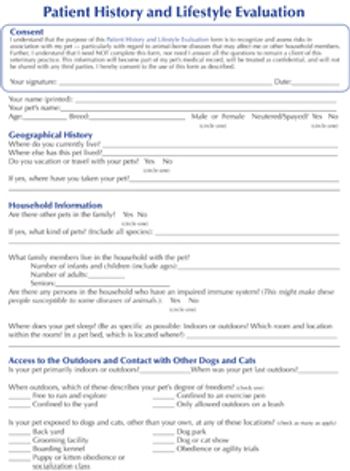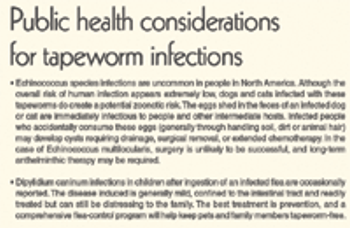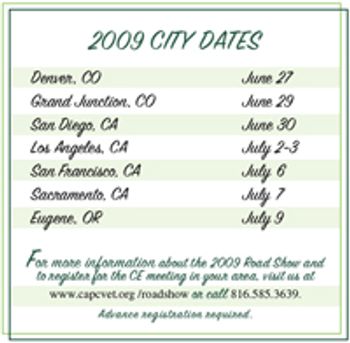
Advice on adjusting to the new normal when it comes to veterinary practice.

Dr. Paul is the former executive director of the Companion Animal Parasite Council and a former president of the American Animal Hospital Association. He is currently the principal of MAGPIE Veterinary Consulting. He is retired from practice and lives in Anguilla, British West Indies.

Advice on adjusting to the new normal when it comes to veterinary practice.
![Mike_Paul-[87390230]-773931-1384162214865.jpg](https://cdn.sanity.io/images/0vv8moc6/dvm360/71cb013b242a61ca6da2724e023cfc29539da9fc-115x150.jpg?w=350&fit=crop&auto=format)
Dr. Michael Paul helps you compete in a new arena of competition.

Few of us have the luxury of a personal "life coach" to help us in our pursuit of personal and professional growth. The search for growth never ends and requires commitment.

A general risk assessment begins with a good and complete history and evaluation of the pet's lifestyle.

It may be time to rethink your practice's pharmaceutical product pricing.

Veterinarians have always been recognized as animal lovers.

Try these 11 tips to ensure your practice is exceptional.

Why noncore vaccination may be a misnomer, depending on a pet's situation.

Try these 7 steps to boost acceptance of your medical recommendations.

Today's veterianry practice needs an overhaul, much like when the internal combustion engine changed practice in the past.

Parasites have always existed, but owner awareness has greatly increased as the human-animal bond has expanded.

Make eye contact. Shake hands. Get to know your clients, and become the trusted veterinary authority you should be.

Take a close look at how competitive veterinary market pressures call for changes in education, pricing, and a renewed commitment to client relationships

Dr. Michael Paul discusses the joint statement, prompted by concerns of veterinary parasitologists and clinicians over regional reports of lack of efficacy of macrocyclic lactones used to prevent heartworm infection in animals.

This year's tour takes us through parts of the southeastern United States, where parasites continue to be a major threat to pets and people.

CAPC executive director Dr. Michael Paul addresses questions about heartworm disease in cats.

Well, it's that time again. Time for summer fun, for summer vacation, and for the Companion Animal Parasite Council (CAPC) Educational Road Show to hit the road again.

The political candidates aren't the only ones taking their messages to the people this summer. The Companion Animal Parasite Council (CAPC) is also hitting the road immediately after the AVMA Annual Convention in New Orleans in an effort to spread the word about the importance of year-round parasite control in dogs and cats.

Pets presented for complaints associated with some pathology of their skin - such as pruritis, abnormalities of keratinization, alopecia and other abnormalities both primary and secondary - comprise a large percentage of cases seen by veterinarians.

Sometimes misunderstood, misapplied, and maligned, medical guidelines are a valuable tool in improving patient care and should be widely incorporated in companion-animal practice.

At one time, rampant infectious diseases sickened and killed many animals. In the case of rabies, people also were at risk. Today in the Western world, these diseases have largely been controlled, and as vaccines improve and more animals are vaccinated appropriately, we will do even better. But what of parasitic diseases?

In light of the recently released American Animal Hospital Association (AAHA) Canine Vaccination Guidelines, many questions have arisen among veterinarians and the public in general.